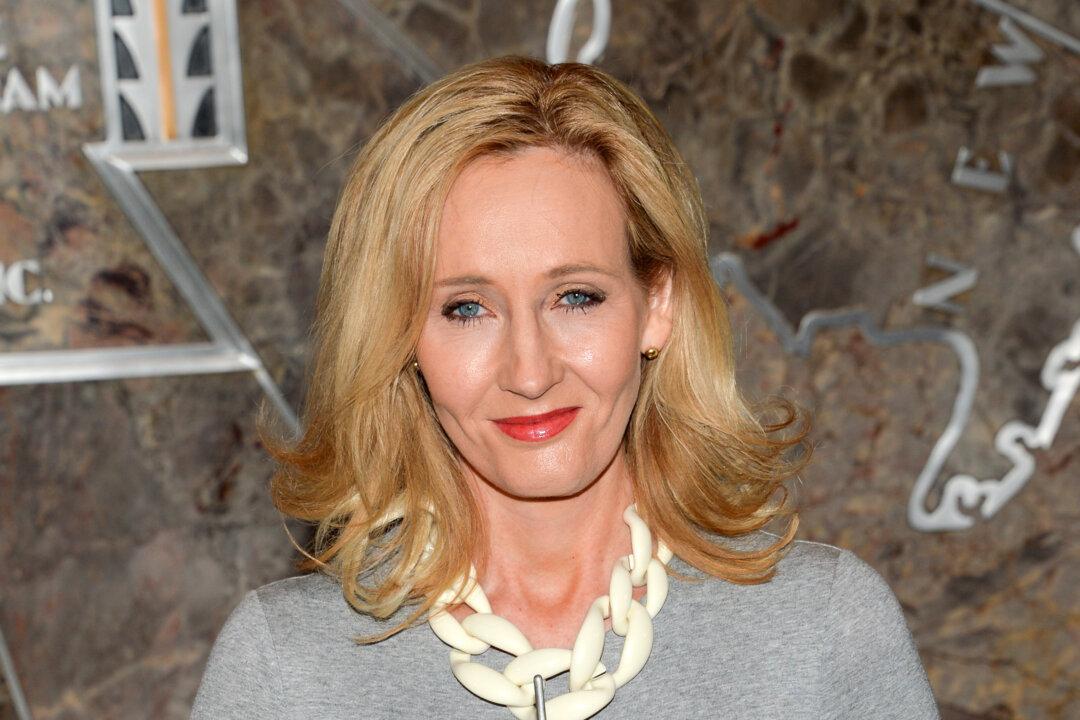A minister who was tasked with protecting free speech under former Prime Minister Boris Johnson claims she was blocked from meeting high-profile gender critics by the Civil Service.
Andrea Jenkyns, who served as higher education and skills minister for three months in 2022, said she was barred from meeting author JK Rowling and feminist academic Kathleen Stock by civil servants after wanting to hear their views.





